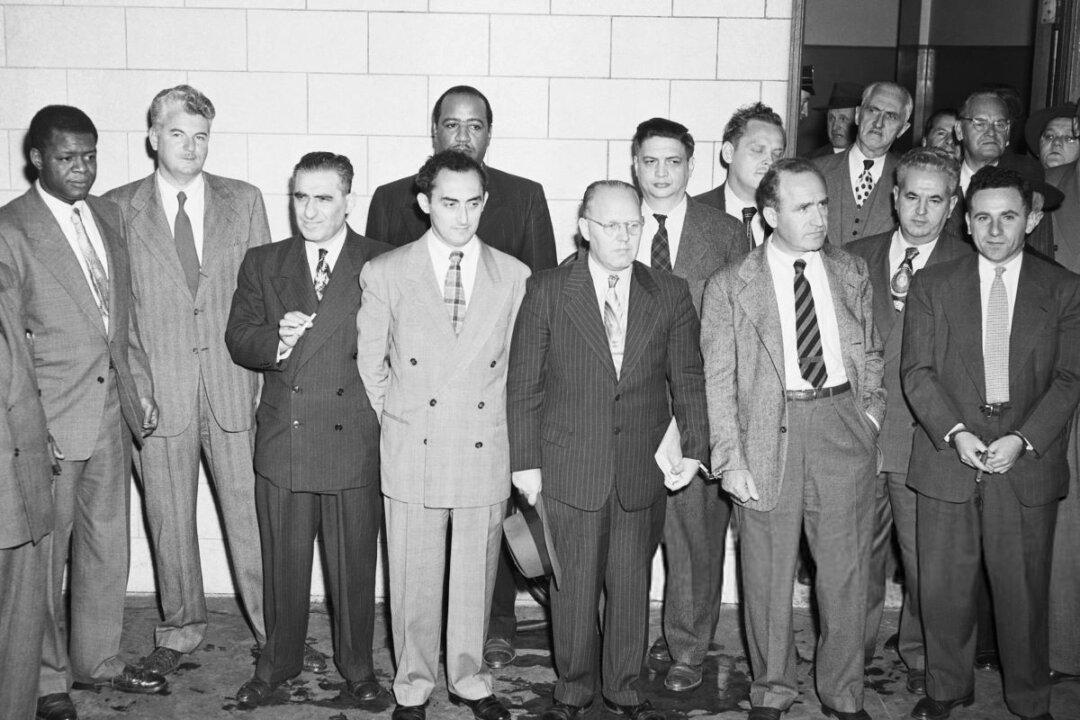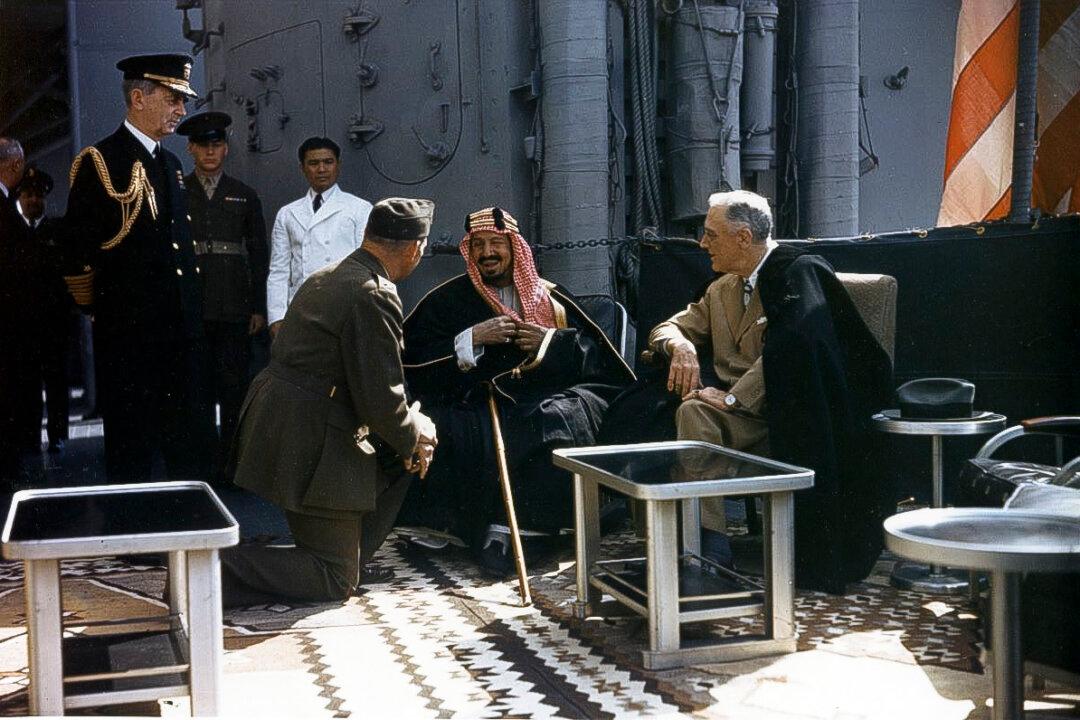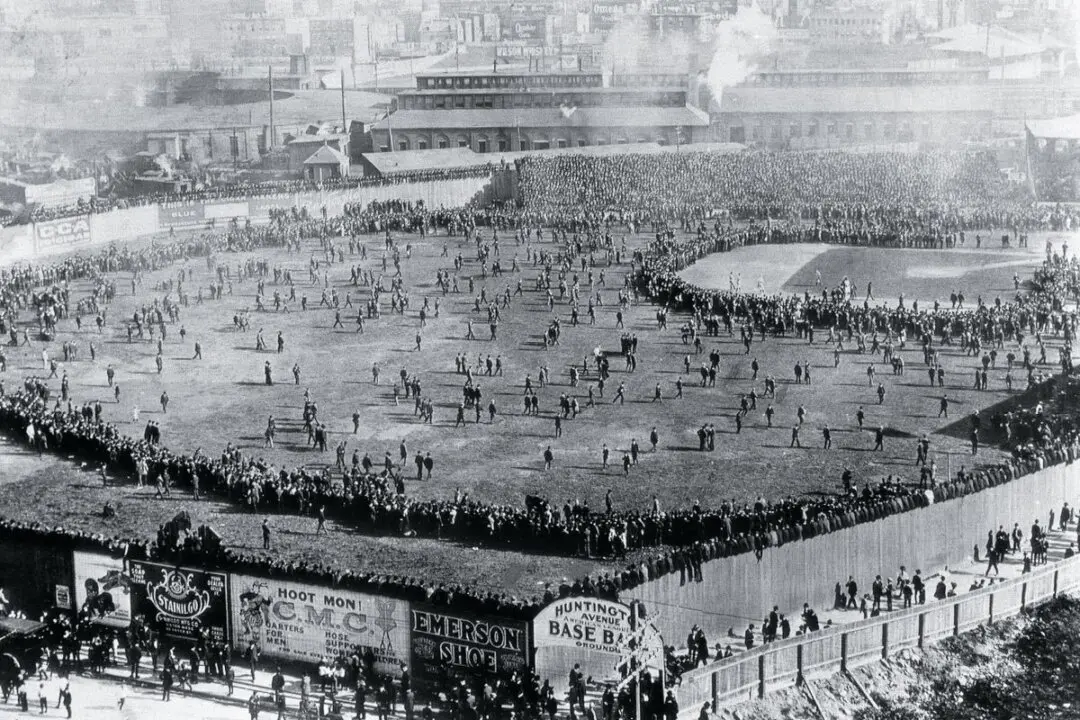On April 2, 1917, President Woodrow Wilson stood before a joint session of Congress requesting a declaration of war against Imperial Germany. Citing Germany returning to unrestricted submarine warfare and its attempt to ally Mexico against America, the president, who had recently won his second term on the campaign slogan “He Kept Us Out of War,” now found himself asking America to enter it.
“It is a fearful thing to lead this great peaceful people into war, into the most terrible and disastrous of all wars, civilization itself seeming to be in the balance,” Wilson stated to Congress.






